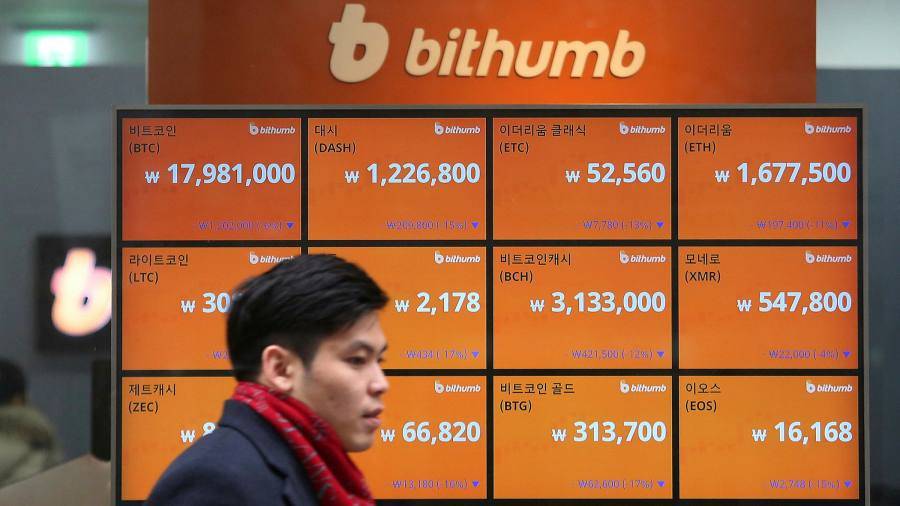Crypto Alerts are circulating that South Korean cryptocurrency traders are bracing for losses of more than Won3 trillion ($2.6 billion) due to a regulatory overhaul that will wipe out two-thirds of the country’s crypto exchanges.

The Financial Services Commission, South Korea’s financial watchdog, has set a deadline of September 24 for international and local exchanges to register as legal trading platforms, as part of a drive to tighten regulation of the country’s burgeoning crypto industry.
However, most local exchanges are struggling to meet the requirements, with industry insiders and regulators predicting that over 40 of South Korea’s estimated 60 crypto operations will be shut down.
Upbit, Bithumb, Korbit, and Coinone are the four largest cryptocurrency exchanges in South Korea, accounting for more than 90% of the country’s overall trading activity.
According to estimates by Kim Hyoung-joong, a professor and head of the Cryptocurrency Research Center at Korea University, the mass shutdown of smaller exchanges could also eliminate 42 so-called kimchi coins, alternative digital currencies that are listed on local exchanges and traded mostly in Korean won.
According to industry data, digital currency other than bitcoin accounted for over 90% of South Korean crypto trade, indicating the market’s speculative nature.
“A bank run-like situation is likely approaching the deadline as investors are unable to cash out of their holdings of ‘alt-coins’ listed solely on small exchanges,” said Lee Chul-yi, the CEO of Foblgate, a mid-sized exchange. “They will become impoverished overnight. I’m not sure if regulators will be able to deal with the consequences.”
The FSC has urged exchanges that will fail to meet regulatory requirements to notify their consumers by Friday, September 17 of any potential closure.
South Korean crypto exchanges must cooperate with local banks to open real-name bank accounts for consumers in order to be licensed as a legitimate trading platform. Local lenders, on the other hand, have been hesitant to do so for fear of being exposed to money laundering and other financial crimes.
About 20 exchanges have met some of the legislative requirements for offering crypto-to-crypto trading services by developing security mechanisms for personal information. However, considering the small size of the company, industry observers believe the operators will struggle to stay afloat.
“Huge investor losses are expected if trading is paused and assets are frozen at numerous tiny exchanges, since customer protection will not likely be a priority for those exchanges facing impending closure,” said Cho Yeon-haeng, president of the Korea Finance Consumer Federation.
The rules will have an impact on global exchanges that offer win trading. The FSC has issued a warning to 27 foreign crypto exchanges that operate in Korea.
Binance, the world’s largest crypto exchange, stopped its won-to-crypto trading service last month to “proactively comply with local legislation,” marking the first time a major outside operator has taken such a step.
According to Coinhills data, the Korean won is the third most widely utilized currency for bitcoin trading, behind the dollar and the euro, accounting for around 5% of global activity.
Regulators are hoping that the revamp will put a stop to South Korea’s crypto craze. Despite the currency’s instability, many young South Koreans have remained eager buyers of digital assets, despite high unemployment and rising housing prices.
This year, Bitcoin has been on a roller coaster, rising to more than $60,000 in April before plunging to less than $30,000 in June.
It has now recovered to around $46,000, owing to high-risk bets by developing countries, such as El Salvador’s pioneering use of the digital currency as legal money.





